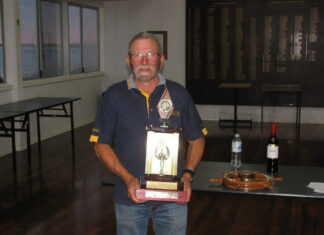Digital Edition
Subscribe
Get an all ACCESS PASS to the News and your Digital Edition with an online subscription
McDonald clinches state title
Experience and local knowledge proved to be the winning combination as Arno Bay’s Greg McDonald claimed the 2026 South Australian Paper Tiger State Titles.
The...








